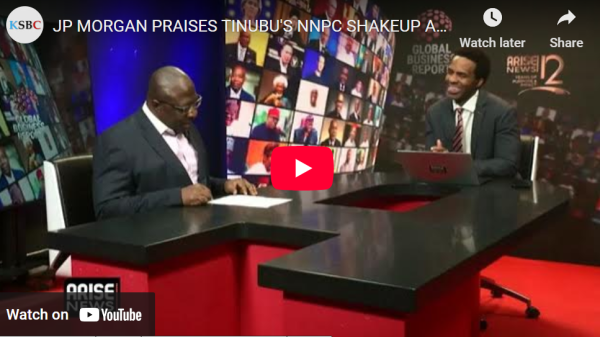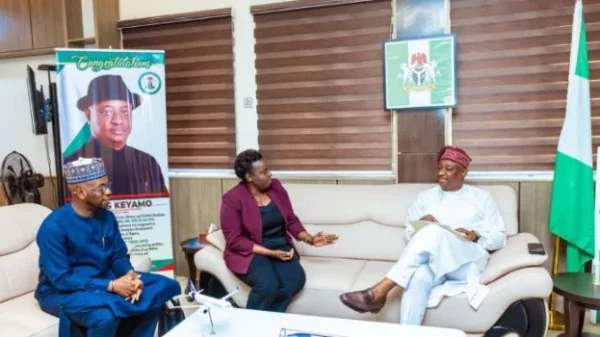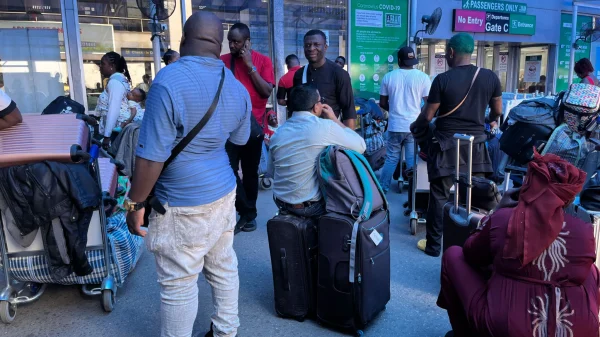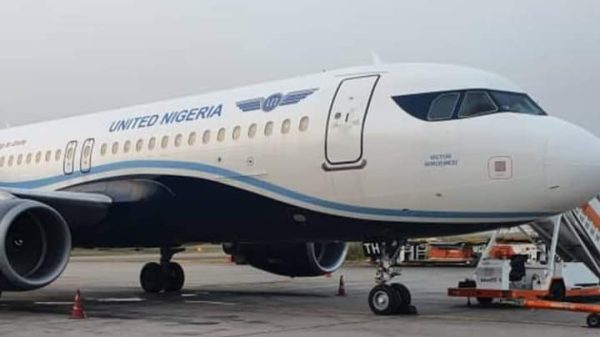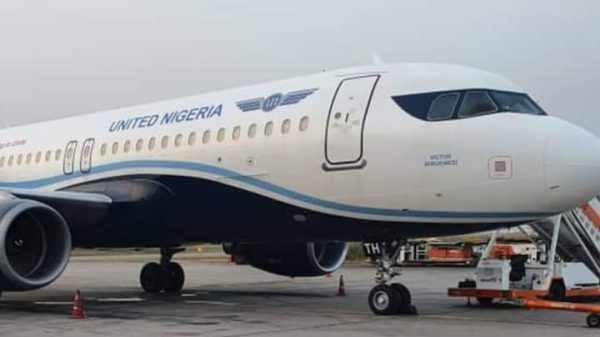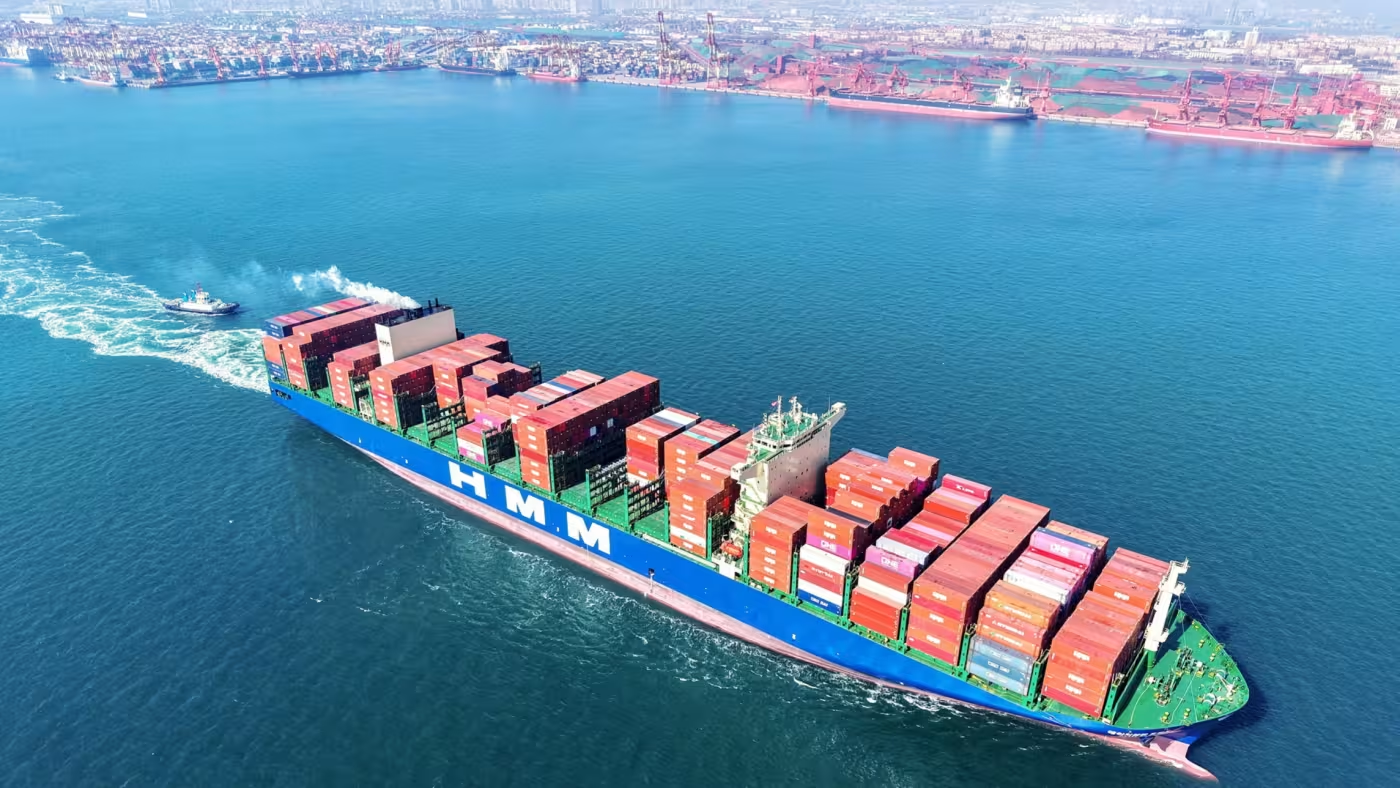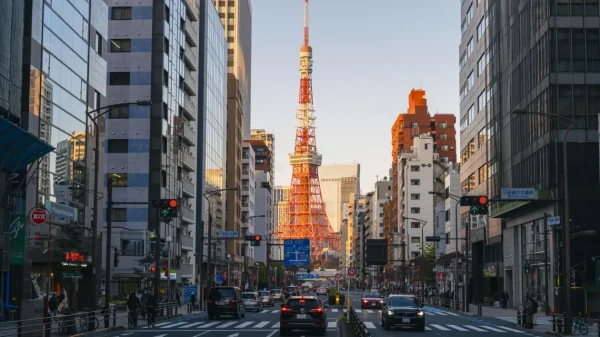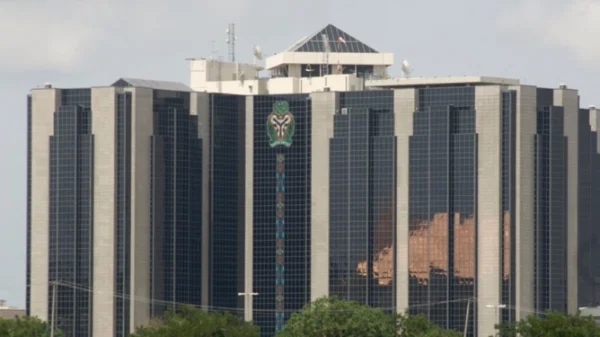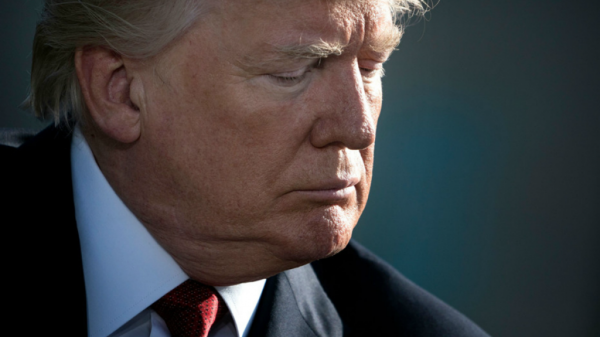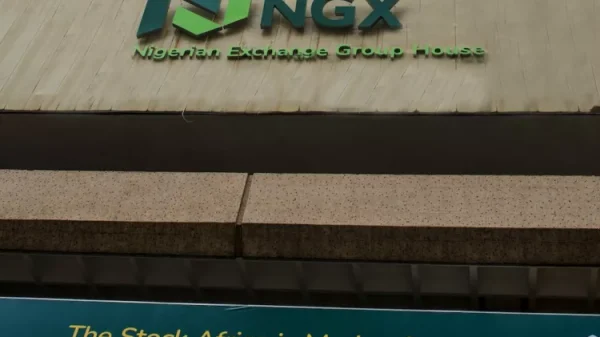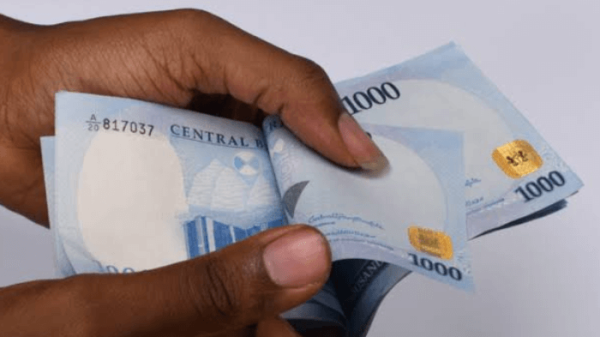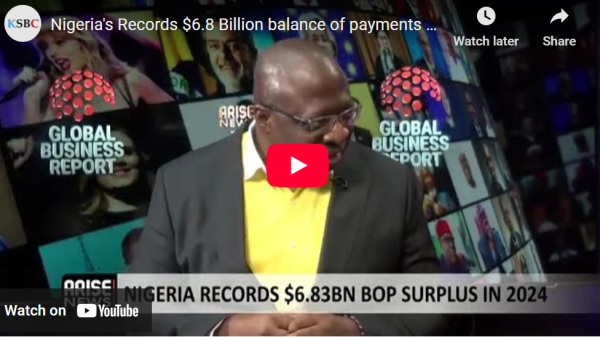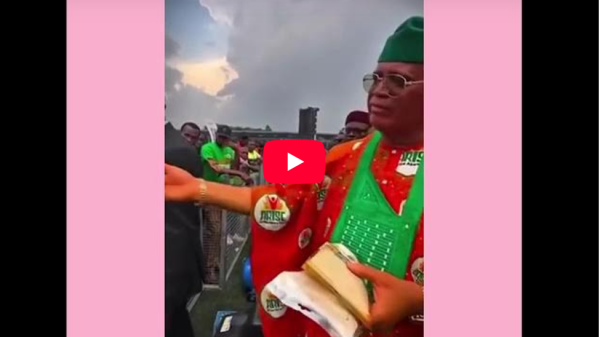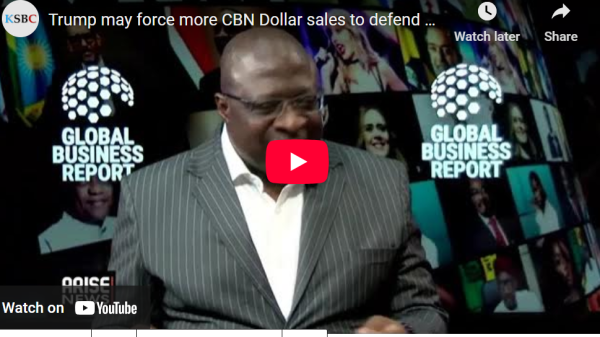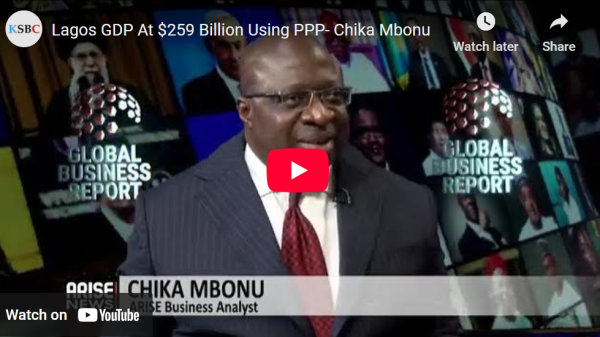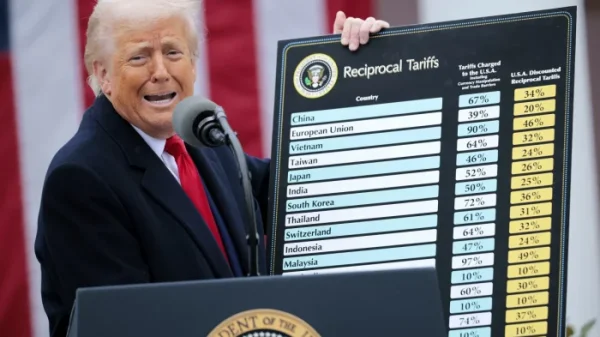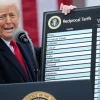A report by the U.S. Trade Representative has raised concerns about the transparency of Nigeria’s National Assembly’s procurement processes.
The findings, published in the 2025 National Trade Estimate (NTE) Report on foreign trade barriers, highlight ongoing challenges in Nigeria’s efforts to establish open and competitive bidding practices for government procurement.
The NTE is an annual report detailing foreign trade barriers faced by U.S. exporters and USTR’s efforts to reduce those barriers.
While the Bureau of Public Procurement (BPP) has made strides in improving transparency by publishing procurement procedures and bidding information on its website, the report claims that the National Assembly operates independently of BPP oversight.
“The BPP has made a variety of procurement procedures and bidding information publicly available on its website. However, Nigeria’s National Assembly operates its own procurement process that is not subject to BPP oversight and lacks transparency,” the report claims.
This lack of accountability has led to concerns about corruption and inefficiencies in the procurement system.
Key Findings from the Report
The U.S. Trade Representative noted that although U.S. companies have successfully secured contracts in various sectors in Nigeria, they often face difficulties in receiving payments.
- 1. These challenges discourage firms from participating in bidding processes. Additionally, foreign government-subsidized financing arrangements appear to play a significant role in the awarding of government contracts, further complicating the procurement landscape.
- 2. The report also highlighted that Nigerian government agencies frequently fail to adhere to established procurement guidelines.
For instance, procurement proceedings are supposed to be formalized only after the procuring entity ensures that funds are available and obtains a “Certificate of ‘No Objection’ to Contract Award” from the BPP. However, these requirements are not consistently followed, undermining the credibility of the system.
Foreign companies bidding for contracts in Nigeria may also face additional hurdles, such as being required to partner with local firms or join consortia.
The report also criticized customs for inconsistency and practices that are obstacles to trade.
Background and broader implications
The Public Procurement Act of 2007 established the BPP as the regulatory authority responsible for monitoring and overseeing public procurement in Nigeria.
Despite this framework, the National Assembly’s independent procurement practices remain a significant barrier to achieving full transparency and accountability.
According to the report, Nigeria is neither a party to the WTO Agreement on Government Procurement (GPA) nor an observer to the WTO Committee on Government Procurement, limiting its integration into global procurement standards.






